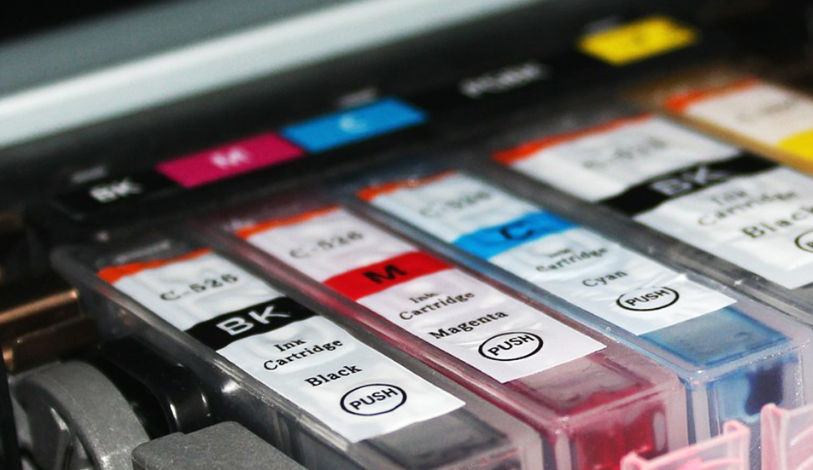The global printing ink industry is undergoing a transformation. Many companies are now moving away from petroleum-based inks. Instead, they are moving towards more environmentally friendly and sustainable inks. This was highlighted by the U.S.-based Nocopi Technologies.
Technological changes in this industry are continuing in different parts of the world. For example, Japan’s DIC Corporation recently launched a new highly sensitive ultraviolet (UV) curable ink that is compatible with light-emitting diodes (LEDs) and offers improved printability.
The new heat seal coatings now include a water-based sealant for direct print pharmaceutical packaging (PTP). In addition, they feature a heat sealer with high resistance to low temperatures. The latter is commonly used in various types of containers, such as polyvinyl chloride (PVC) films.
On the other hand, the company also launched an innovative overprint varnish. DIC’s varnish offers the same level of heat resistance as traditional products. However, it contains neither nitrified cotton nor formaldehyde.
Global printing ink industry
In 2023, the global printing ink industry used 3,295 million tons of ink. This data comes from Smithers’ report, titled “The Future of Water-based vs. Solvent Printing to 2028”.
The market for water-based printing inks encompasses both sales of these inks and related services. These inks are essential for printing on fabric and paper. They are also known as aqueous inks and include both dye and pigmented inks. They can be further segmented by type into three main categories: water-based acrylic inks, water-based maleic inks and water-based shellac inks.
Environment
Customer demands appear to be changing with the trend toward more “green” printing inks.
In 2023, approximately 36% of Nocopi Technologies’ ink sales will be “green” printing inks. By comparison, in 2022, this percentage was 38 percent.
As the market for “green” printing inks continues to grow, Nocopi Technologies plans to move toward manufacturing more sustainable and environmentally friendly products. In fact, the company is looking to stop producing petroleum-based inks.
The main ingredients of an ink include pigments, dyes, resins, surfactants and siccatives. They also include oils, solvents, water, waxes and other additives.

